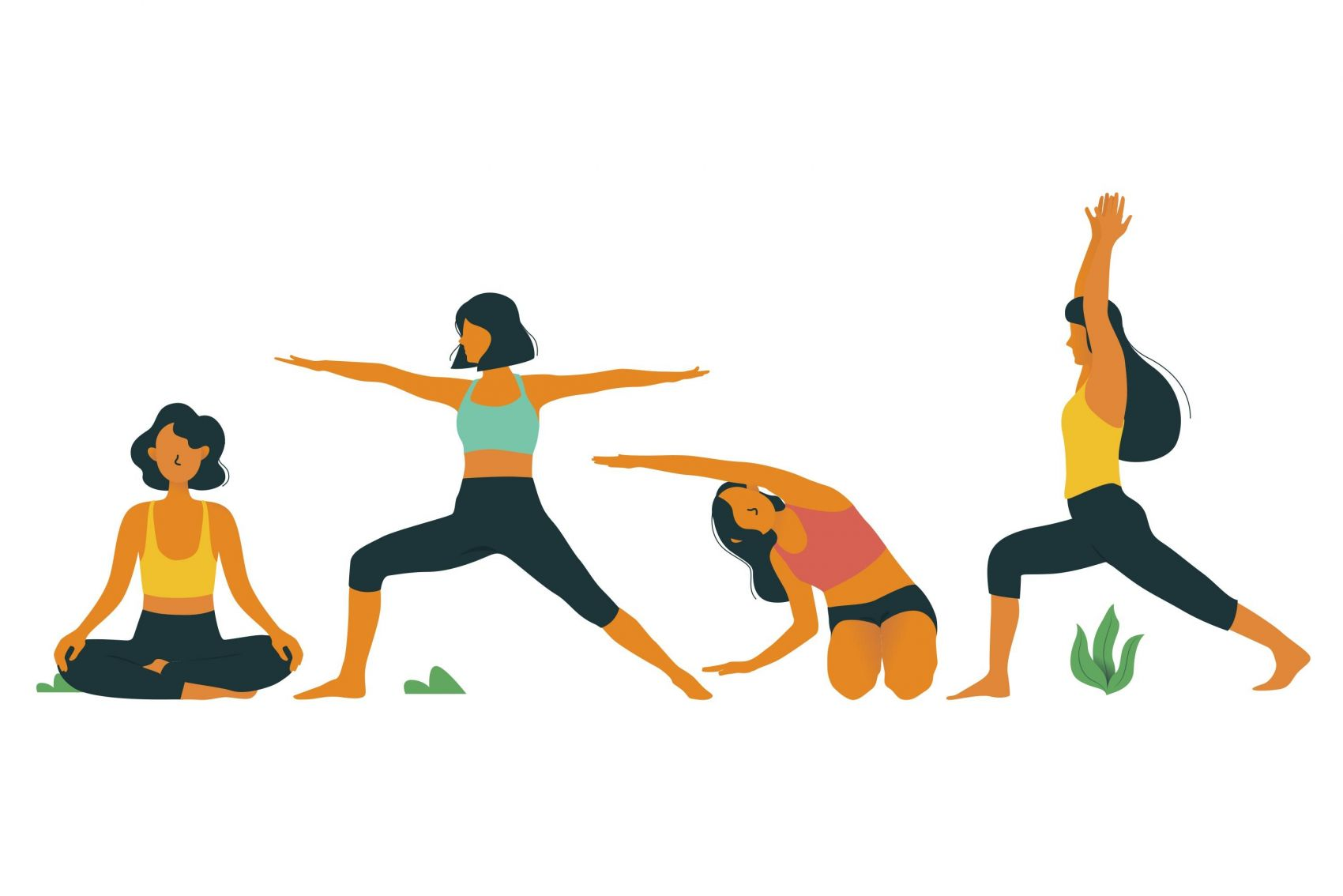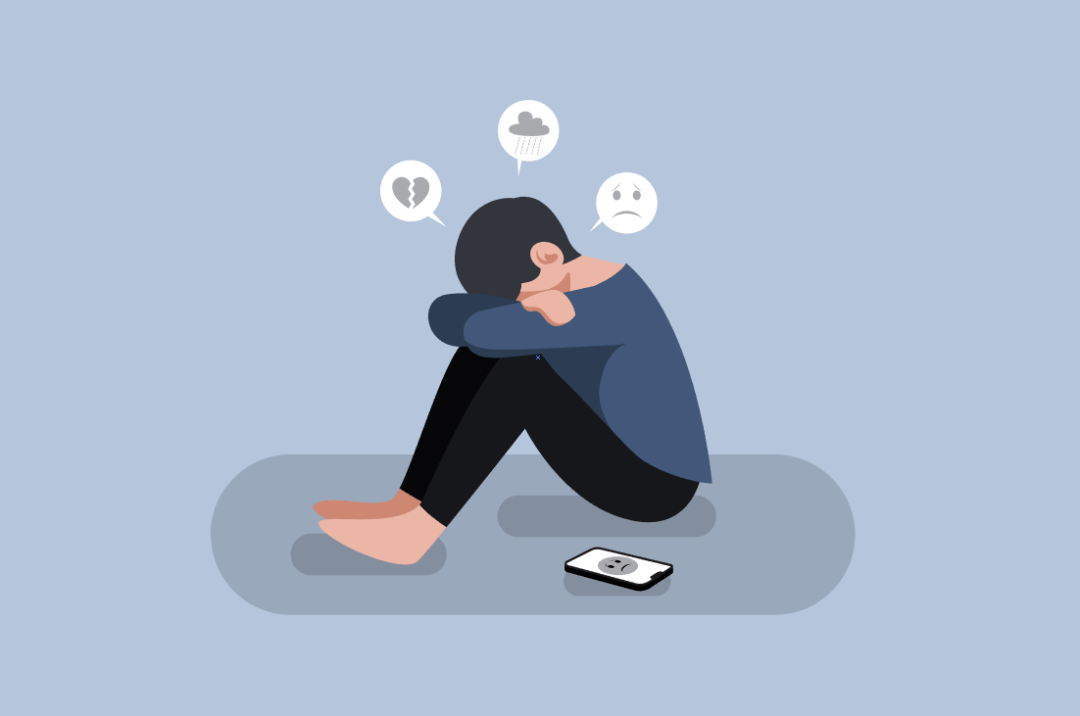Introduction
Living in a fast-paced world, it is common for individuals to experience anxiety. However, learning how to effectively manage and alleviate anxiety is crucial for maintaining overall well-being. In this article, we will explore expert-recommended methods to ease anxiety and reduce its impact on daily life.
Embrace Mindfulness: A Powerful Tool for Anxiety Relief
Mindfulness is a practice that involves focusing one's attention on the present moment. By redirecting our thoughts away from worries about the future or regrets from the past, we can alleviate anxiety. Engaging in mindfulness exercises, such as deep breathing, meditation, or yoga, can significantly reduce stress levels and promote a sense of calmness.

Establish a Healthy Lifestyle: Nurturing Your Body and Mind
A healthy lifestyle plays a pivotal role in managing anxiety. Prioritize regular exercise, as physical activity releases endorphins, known as "feel-good" hormones, which can elevate mood and reduce anxiety. Additionally, maintain a balanced diet, ensuring the intake of essential nutrients that support brain health and overall well-being.
Cognitive Behavioral Therapy (CBT): Restructuring Negative Thought Patterns
CBT is a widely recognized therapeutic approach that helps individuals identify and challenge negative thought patterns contributing to anxiety. By replacing irrational thoughts with more rational and positive ones, CBT can effectively reduce anxiety symptoms. Seeking guidance from a trained therapist can provide valuable insights and techniques for implementing CBT strategies.
Practice Relaxation Techniques: Unwind and Find Inner Peace
Engaging in relaxation techniques can promote a sense of tranquility and alleviate anxiety. Deep breathing exercises, progressive muscle relaxation, guided imagery, and aromatherapy are just a few examples of techniques that can induce a state of relaxation. Find what works best for you and incorporate these practices into your daily routine.
Seek Social Support: Connecting with Others for Emotional Well-being
Human connection is essential for emotional well-being. Sharing your feelings and concerns with trusted friends, family members, or support groups can provide a sense of relief and comfort. Additionally, consider seeking professional help from therapists or counselors who specialize in anxiety disorders. They can offer guidance, support, and evidence-based strategies tailored to your specific needs.
Conclusion
Alleviating and reducing anxiety is a journey that requires patience, self-care, and the implementation of effective strategies. By incorporating mindfulness, adopting a healthy lifestyle, exploring cognitive-behavioral techniques, practicing relaxation, and seeking social support, you can take significant steps towards managing anxiety and living a more fulfilling life. Remember, everyone's experience with anxiety is unique, so finding the right combination of strategies that work for you is key.




